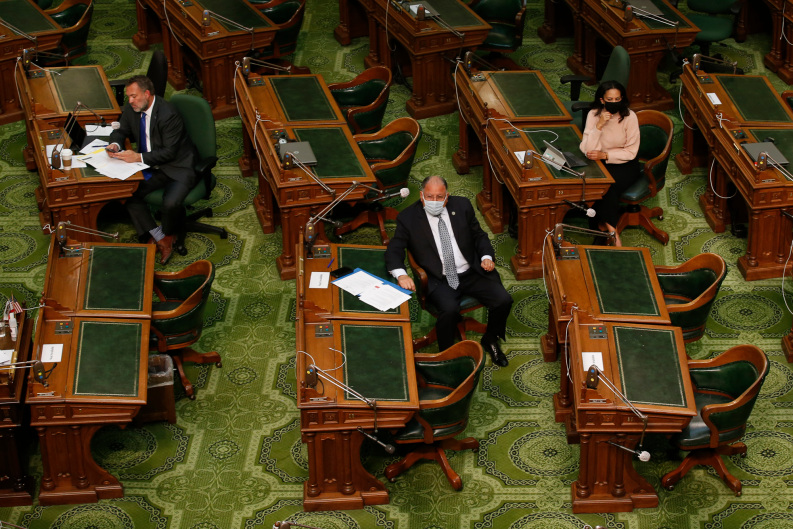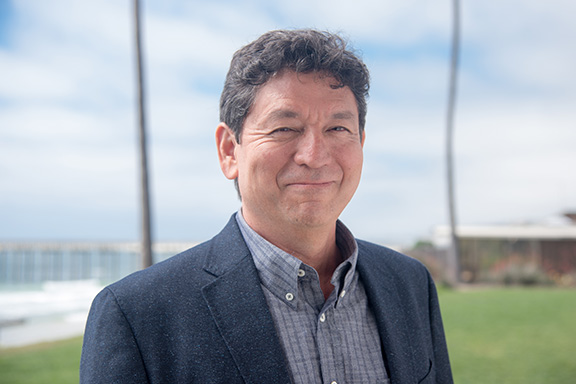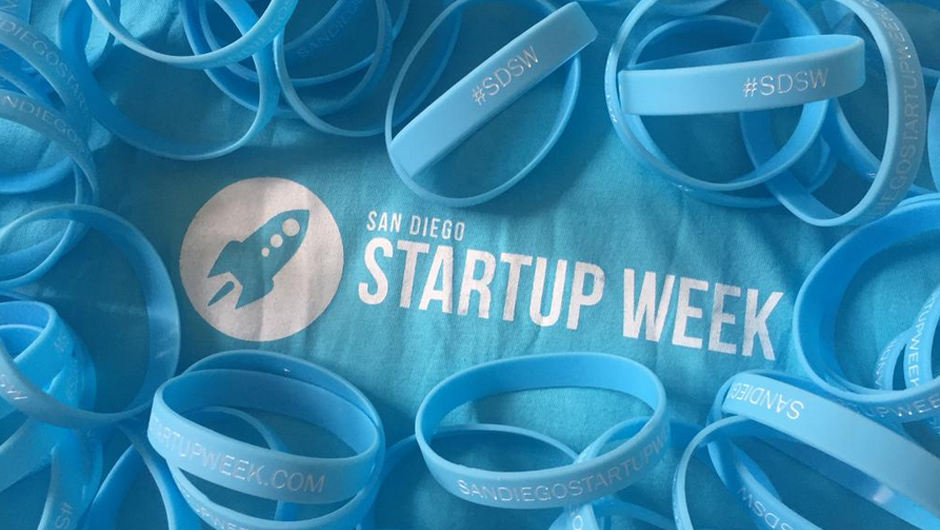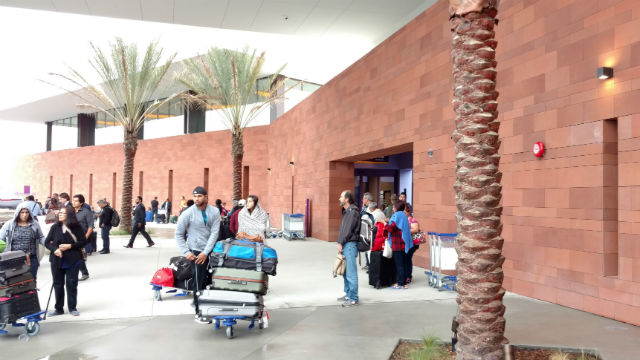Daily Business Report-May 27, 2020
Democratic Assembly members Adam Gray, left, of Merced; Jose Medina, center, of Riverside; and Autumn Burke, of Inglewood, attend a hearing May 11 in Sacramento of an Assembly oversight committee, looking into the state’s purchase of protective equipment to battle the coronavirus. Gray questioned whether California should change the law to require disclosure when lobbyists are involved with companies who land government contracts. (AP Photo/Rich Pedroncelli)
Blind spot: Lobbying behind California
coronavirus contracts can stay secret
By Laurel Rosenhall | CalMatters
A common thread runs through at least four of the companies Gov. Gavin Newsom has tapped to help respond to the coronavirus pandemic: a Sacramento lobbyist named Mark Weideman.
His firm represents BYD, an electric bus maker that landed a $1 billion contract to produce medical masks for California; Bloom Energy, which the state is paying $2 million to refurbish ventilators; Blue Shield, the health care behemoth that dominates the task force Newsom assembled to increase testing for COVID-19; and NextGen America, the progressive advocacy group headed by Tom Steyer, whom Newsom named as the co-chair of his economic recovery team.
Those four organizations paid The Weideman Group a combined total of $663,000 last year to lobby before the Legislature and the Newsom administration, according to disclosure reports lobbyists file with the state. The detailed reports show not only that the companies paid Weideman’s firm, but also how much they spent on associated publicity campaigns and which government officials they wined and dined as they lobbied. California law recognizes that such disclosures advance transparency about the influences on state government.
But whether these companies — or any others — paid Weideman or other lobbyists to help them secure government contracts is an unanswered question. That’s because California law, despite all the disclosures it demands from lobbyists, doesn’t require they report procurement work — including the $3 billion committed so far to masks, ventilators and other supplies related to the coronavirus pandemic.
As California has signed hundreds of no-bid procurement contracts over the last two months, the public has very little information about the players involved in landing these deals and how much they are being paid. No lobbyist has been publicly accused of wrongdoing in connection with these contracts. But the way the law is written leaves the public in the dark about who’s influencing how the state spends tax dollars during a pandemic that has killed more than 3,300 Californians.
_________________________________
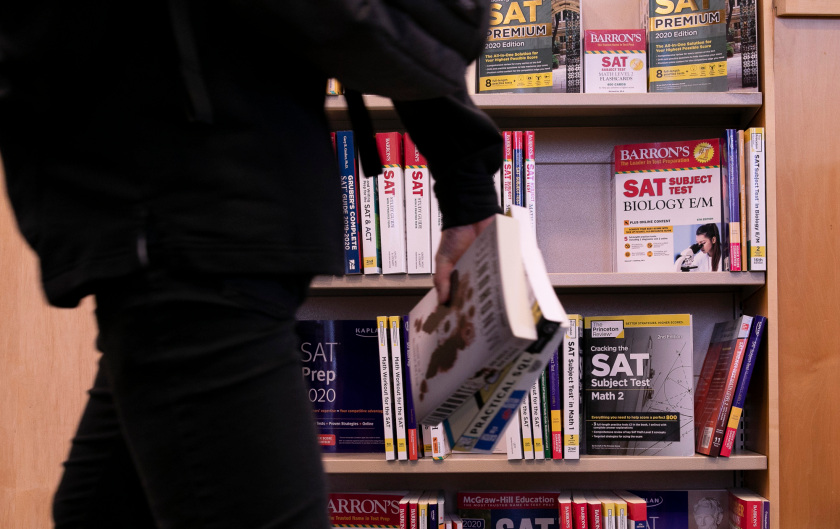
University of California regents
ditch the SAT and ACT tests
It’s time’s up, pencils down for the SAT and ACT tests at the University of California.
In a historic move likely to have national repercussions, the University of California Board of Regents voted to stop requiring students to submit college-entrance tests the SAT or ACT for admissions purposes. The vote was a unanimous 23-0.
The system has given itself until the fall of 2025 to develop a bespoke standardized test for California residents. If the UC cannot create a new test that better aligns with what students learned in school, it’ll drop the testing requirement completely for Californians.
The exams have long been the focus of critics who say they are racially biased, and that they give a leg up to wealthier students whose families can afford expensive test preparation.
The landmark decision reverses more than 50 years of the UC’s reliance on standardized tests to determine who gets into the vaunted public-university system, whose nine undergraduate campuses regularly appear on lists of the top institutions in the country. The decision also parts with the recommendations of the influential Academic Senate, which supported use of the SAT and ACT earlier in the spring.
_________________________________
Sony Electronics creates $100 million
fund in response to COVID-19
Sony Electronics,is creating a $100 million fund to help combat the coronavirus pandemic. The fund, called the “Sony Global Relief Fund for COVID-19,” is intended to help medical professionals, educators, and creatives, including ones within the games industry, impacted by the coronavirus.
The fund will be dedicating $10 million to the COVID-19 Solidarity Response Fund to assist with medical workers and frontline response measures. Sony is also exploring ways it can assist with stopping the spread of the disease, which has led to events like E3 being canceledand disrupted much of the world.
Sony’s international headquarters are in Rancho Bernardo.
_________________________________
TaylorMade raised $5.5 million
for frontline COVID-19 efforts
Last weekend, Carlsbad-based TaylorMade Golf hosted the TaylorMade Driving Relief event, which raised a total of $5.5 million during play, of which nearly $1.1 million came from viewer donations. The money raised will go directly to organizations leading COVID-19 efforts.
_________________________________
Veteran community college leader named
president of San Diego Miramar College
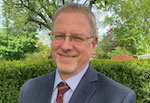
P. Wesley Lundburg, an experienced community college leader who for the past five years has been serving as Executive Dean and CEO of the Ammerman Campus at Suffolk County Community College on Long Island, New York, has been named the new president of San Diego Miramar College.
Ammerman is the largest of Suffolk County Community College’s three campuses with more than 17,000 credit and non-credit students. Suffolk County Community College is the largest community college in the State University of New York (SUNY) system.
Miramar College, with an enrollment exceeding 16,000 students, offers more than 160 degrees and certificates and is a hub for transferring to a University of California and California State University campus. A center for workforce training in the region, Miramar College also is home to the Southern California Biotechnology Center, Advanced Transportation, and Fire Technology & EMT programs. Since 1969, it has provided training for nearly all law enforcement officers and firefighters working in San Diego County.
At Suffolk County Community College, Lundburg oversaw the Ammerman Campus’s development and continued growth of a new cybersecurity program, an expanding Automotive Technology program certified by numerous automobile manufacturers, the completion of multiple capital improvement projects, and annual increases in enrollment. He also served as an adjunct English professor who taught composition and literature courses.
_________________________________
San Diego biotech raises $90 million to treat
infections in people with weak immune systems
San Diego biotech company Amplyx Pharmaceuticals raised a $90 million Series C round. The funds will go toward testing two experimental drugs central to Amplyx’s mission — treating microbes that are usually harmless, but can kill a person without a healthy immune system.
_________________________________
Westfield shopping centers in San Diego
to reopen for business on Friday
Westfield shopping centers in San Diego, which include Westfield UTC, Mission Valley, North County, and Plaza Bonita, announced they will re-open for the community starting Friday, May 29. The centers will welcome back customers with modified hours, 11 a.m. to 7 p.m. Monday through Saturday, and 12 p.m. to 6 p.m. on Sunday, although individual retailer hours may vary and it is recommended to visit each center’s website for the most up-to-date information. Each center will implement relevant government-mandated health and safety protocols as well as provide new services and amenities to address customer concerns during this initial recovery phase in the community.
_________________________________
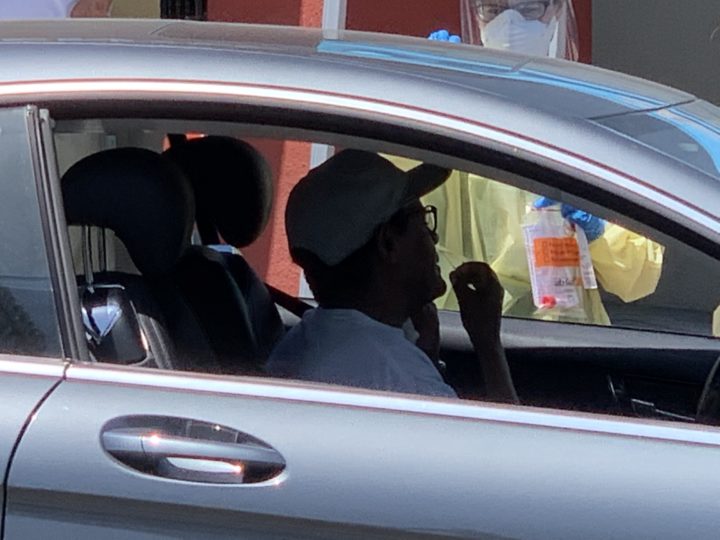
County to offer COVID-19 testing
in rural communities, other areas
As part of efforts to expand COVID-19 testing, the county will be opening sites in rural communities and other areas of the region. New locations will be staffed with first responders from CAL FIRE and the San Diego County Fire Authority.
Testing will be set up outside several county library branches throughout the region’s backcountry.
Drive-up testing sites will be available from 9 a.m. to 2 p.m. in five rural communities. An appointment is necessary, and you can make one by calling 2-1-1. The sites will be on:
May 27: Pine Valley Fire Station 44 (OLD), 28850 Old Highway 80, Pine Valley, 91962
May 28: Valley Center Library, 29200 Cole Grade Road, Valley Center, 92082
May 29: Borrego Springs Library, 2580 Country Club Road, Borrego Springs, 92004
May 30: Potrero Library, 24883 Potrero Valley Road, Potrero, 91963
_________________________________
Water Authority proposes water
rate increases for calendar 2021
The all-in rates charged to the San Diego County Water Authority’s 24 member agencies would increase by 6.3 percent for untreated water and 6.2 percent for treated water in calendar year 2021, if the Board of Directors adopts a staff recommendation released last week. The recommended rate increase equates to a net of 3 percent for member agencies when adjusted for declining sales.
In light of unprecedented economic turbulence from COVID-19, Water Authority staff is also providing two other rate alternatives for discussion during the regular monthly board meeting on May 28. The board is scheduled to hold a public hearing on the proposed rates and consider their adoption during its regular meeting on June 25. The new rates will take effect Jan. 1, 2021.
_________________________________
San Diego city libraries begin
contact-free pickup service
As the city of San Diego continues its phased reopening by expanding neighborhood services, the San Diego Public Library will offer contact-free pickup service at 11 library locations beginning today.
The pickup service will restore access to 2.9 million physical materials in the San Diego Public Library’s collection to library patrons for the first time since libraries were closed in mid-March due to the COVID-19 pandemic. It also prioritizes the health and safety of patrons and employees while allowing San Diegans to pick up materials at designated locations.
Pickup service starting today will be available Monday through Friday, from 10:30 a.m. to 5:30 p.m., at the following locations: Carmel Valley, College-Rolando, La Jolla/Riford, Logan Heights, Mira Mesa, Mission Hills-Hillcrest/Knox, Mission Valley, Point Loma/Hervey, Rancho Bernardo, San Ysidro and Valencia Park/Malcolm X.
_________________________________
City of Chula Vista partners with Seven Mile Casino
to launch ‘Flatten the Curve’ campaign
The city of Chula Vista and Seven Mile Casino have partnered on a new public awareness campaign to educate the public about COVID-19 and how to prevent its spread.
The “Flatten the Curve” campaign, was initially funded with a $50,000 media buy sponsored by Seven Mile Casino. The city of Chula Vista also purchased a $25,000 Spanish- language media buy to help inform the public about the health crisis emergency. In total the donated and purchased media have grown to more than $340,000 in value thanks to local businesses and media partners coming together to join the effort.
While efforts to flatten the curve are beginning to show results, Chula Vista and South County communities continue to record a higher number of positive cases relative to the rest of the county. The Flatten the Curve campaign grew out of a shared commitment by the city, Seven Mile Casino and media partners to do everything possible to keep the local community well- informed during these unprecedented times..
Like other local businesses, Seven Mile Casino has been hit hard by the crisis, shutting down its operations, suffering a severe loss of revenues and furloughing several employees, but it was quick to step up when it learned help was needed to protect the local community.
_________________________________
National GI Film Festival announces new leadership
Fill festival will be moved to spring 2021
KPBS has been selected as the sole producer of the GI Film Festival San Diego, a military-themed festival of films for, by and about military service members and veterans.
The full festival is moved to May 18-23, 2021, allowing for additional time to plan screening events outside of current COVID-19 limitations. This also moves the national film festival to its original spring timeframe, when it was held in Washington D.C. from 2006 to 2017.
All activities will now originate in San Diego, including the awards competition, judging, and in-person film screenings.
The national GI Film Festival was founded in 2006 by Army Veteran Laura Law-Millett and her husband Brandon Millett,
“As the first military film festival in the country, the GI Film Festival provided a voice for the military community in entertainment and we are so proud to have helped deliver hundreds of films into the marketplace showing the honor and courage of those who serve,” said Brandon Millett. “And now, under the leadership of KPBS, we have no doubt that the festival will continue to grow and encourage filmmakers everywhere to share their stories.”
In its six year history, the GI Film Festival San Diego has presented 164 films and attracted thousands of attendees. Each film, whether it be a documentary, narrative, short or feature-length, tells a compelling and unique story that may challenge the festival-goers’ notions about what it means to serve and goes beyond one-dimensional depictions of veterans, service members, their caregivers, and families.

